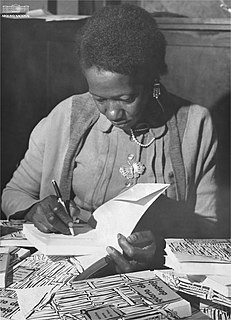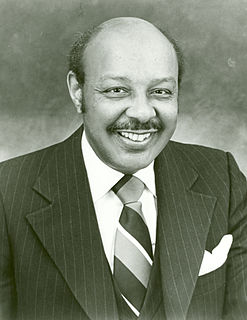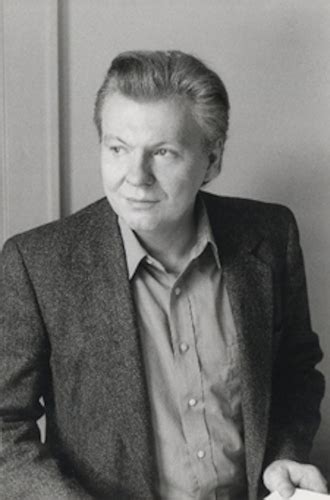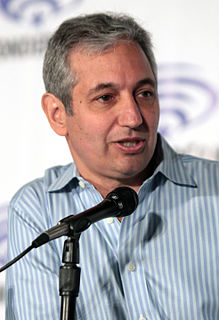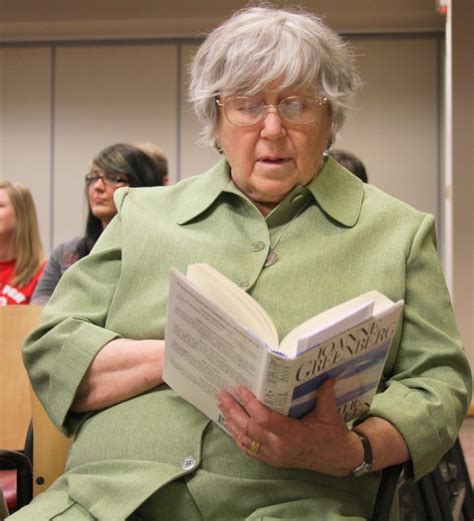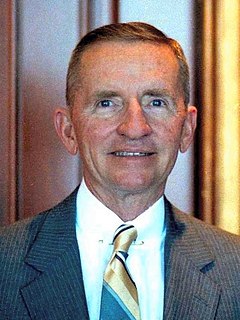A Quote by Primo Levi
To accuse another of having weak kidneys, lungs, or heart, is not a crime; on the contrary, saying he has a weak brain is a crime.
Related Quotes
To accuse another of having weak kidneys, lungs, or heart, is not a crime; on the contrary, saying he has a weak brain is a crime. To be considered stupid and to be told so is more painful than being called gluttonous, mendacious, violent, lascivious, lazy, cowardly: every weakness, every vice, has found its defenders, its rhetoric, its ennoblement and exaltation, but stupidity hasn't.
The best crime stories are always about the crime and its consequences - you know, 'Crime And Punishment' is the classic. Where you have the crime, and its consequences are the story, but considering the crime and the consequences makes you think about the society in which the crime takes place, if you see what I mean.
Once I got interested in organized crime, and, specifically, Jewish organized crime, I got very interested in it. I have learned that, like my narrator Hannah, I'm a crime writer in my own peculiar way. Crime with a capital "C" is the subject that I'm stuck with - even Sway is about "crime" in a certain way. The nice thing about crime is that it enables you to deal with some big questioO
All attempts at law, all religion, all ethical norms might be nothing more than attempts by the weak to restrain the strong. Then, within the law, arise the new strong, who subvert the law for their own ends of power and family interest, leaving the old strong outside their circle to pursue the waiting possibilities which they call crime. The weak, the cowardly, the decent ones, live between these groups.
Governments have tried to stop crime through punishment throughout the ages, but crime continued in the past punishment remains. Crime can only be stopped through a preventive approach in the schools. You teach the students Transcendental Meditation, and right away they'll begin using their full brain physiology sensible and they will not get sidetracked into wrong things.
During the Great Depression, levels of crime actually dropped. During the 1920s, when life was free and easy, so was crime. During the 1930s, when the entire American economy fell into a government-owned alligator moat, crime was nearly non-existent. During the 1950s and 1960s, when the economy was excellent, crime rose again.




